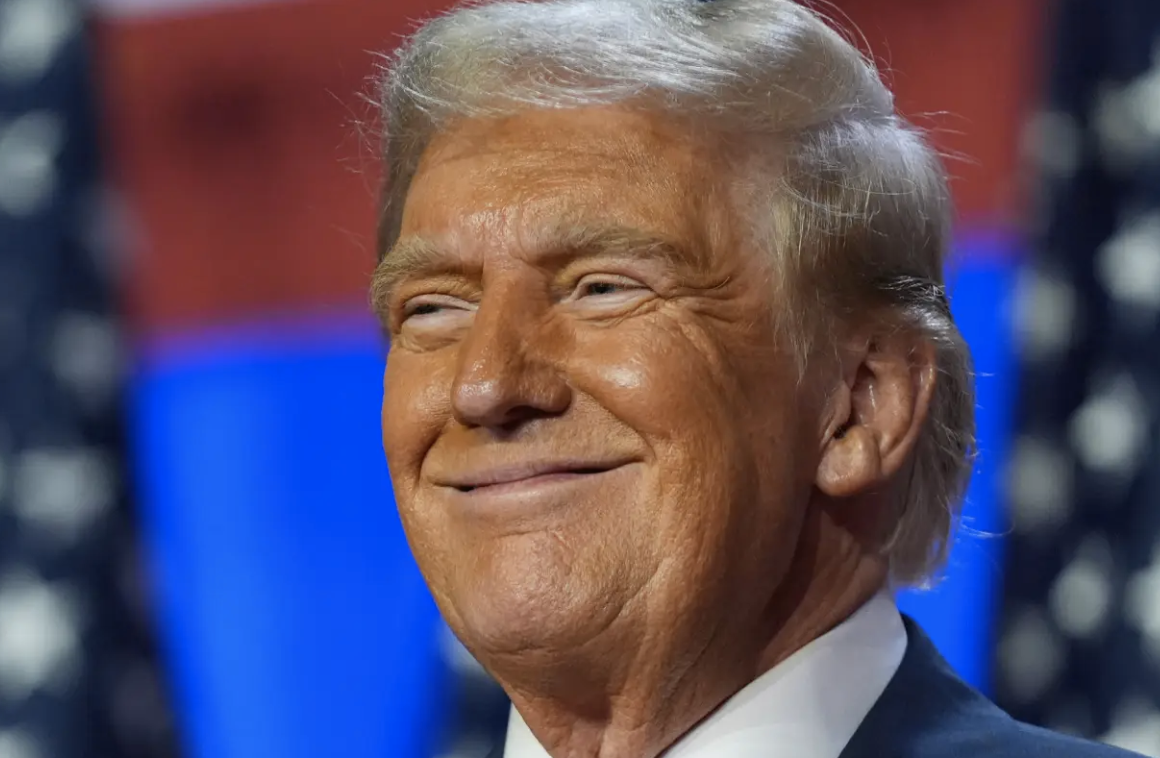Trump Faces Setback After Eleventh-Hour Legal Attempt

A New York judge has denied President-elect Donald Trump’s bid to delay his sentencing hearing, originally scheduled for Friday, January 10. In a late-night ruling on Monday, Judge Juan Merchan’s decision marks another development in Trump’s ongoing legal challenges just days before his inauguration.
Trump’s legal team had filed a petition earlier on Monday, arguing that the court should defer the sentencing hearing and all associated deadlines until issues related to presidential immunity are resolved. They maintained that presidential immunity shields Trump from legal consequences, even during the transition period. Their request sought to push the hearing to January 27, a week after Trump’s swearing-in ceremony.
“This Court has considered Defendant’s arguments in support of his motion and finds that they are for the most part, a repetition of the arguments he has raised numerous times in the past,” Merchan wrote in a prompt ruling that evening, rejecting the motion, as reported by NBC News.
The cornerstone of Trump’s defense is the constitutional protections afforded to a sitting president. His attorneys argue that both the indictment and the jury’s verdict were compromised by the grand jury’s reliance on information regarding Trump’s official duties—information they claim was protected by presidential immunity from his first term. Furthermore, they insist that immunity extends into the transition period, requiring legal proceedings to be paused until all appeals are exhausted.
Trump’s defense also cited New York case law, asserting that criminal cases are typically put on hold when appeals question a lower court’s jurisdiction. His legal team argued that denying the president-elect a stay would be both unprecedented and improper, even though New York law considers such stays discretionary. The decision may prompt Trump’s attorneys to escalate the matter to higher courts, including the New York appellate court, the state’s highest court, or potentially the U.S. Supreme Court.
Legal analyst Margot Cleveland noted that Trump’s legal team has limited options following Merchan’s ruling. “If he denies the stay or delays a decision too long, Trump’s team will need to seek a stay from the New York appellate court, then New York’s highest court, and finally, the U.S. Supreme Court,” Cleveland wrote on X.
Trump’s lawyers argue that the U.S. Constitution’s supremacy clause mandates an automatic stay, which would effectively halt proceedings while appeals are pending. This claim draws from previous cases where courts have suspended legal actions to uphold the principle of immunity in legal processes. The appeal also raises broader questions about balancing judicial oversight with executive privilege.
The outcome of this case could set a precedent for how courts handle future immunity claims from high-ranking officials. With the sentencing date approaching, the matter now moves to the appellate courts. If Trump’s legal team secures a stay, the legal process could face significant delays, potentially extending beyond his inauguration. Such a decision would likely intensify scrutiny over how the judiciary handles high-profile political cases.
Cleveland suggested that Merchan’s ruling might prompt intervention from a higher court. “I think there are very few folks with an appetite to continue with lawfare after Trump’s win of both the electoral college and the popular vote,” she remarked.
A ruling against Trump may embolden prosecutors in future cases involving presidents and other top officials, while a stay could be viewed as a judicial acknowledgment of Trump’s immunity claims. As legal proceedings continue, the broader implications of the case remain uncertain.